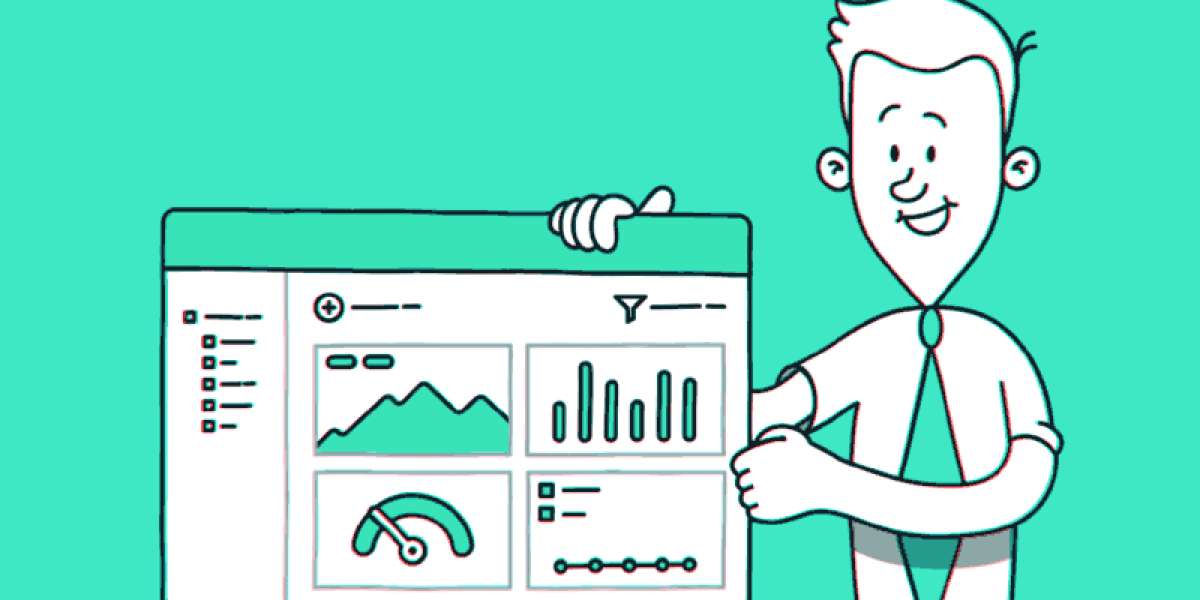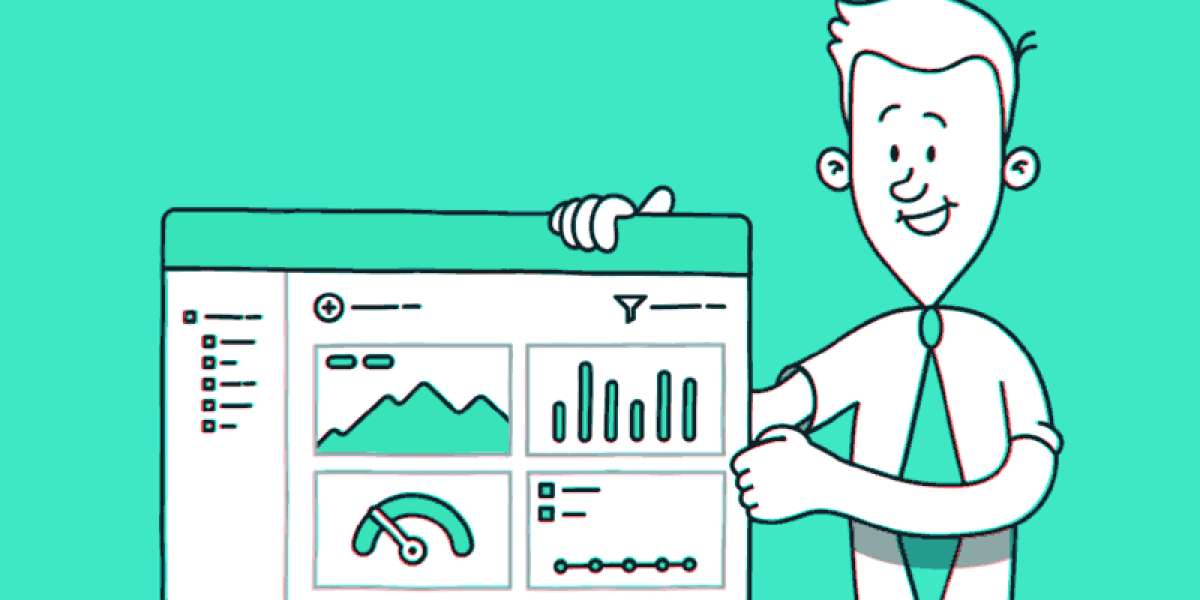As doctoral candidates navigate the complex process of crafting a dissertation, leveraging technology can prove invaluable in streamlining workflows, enhancing productivity, and facilitating collaboration.dissertation help, we'll explore a variety of tools and resources that can aid dissertation writing, empowering students to achieve their academic goals with confidence and efficiency.
1. Reference Management Software:
Keeping track of sources, citations, and bibliographic information is essential in dissertation writing. Reference management software, such as Zotero, Mendeley, or EndNote, offers a centralized platform for organizing and managing references, automating citation formatting, and generating bibliographies. These tools save time and effort by streamlining the citation process and ensuring accuracy and consistency in formatting.
2. Word Processing Software:
Word processing software forms the backbone of dissertation writing, providing a platform for drafting, editing, and formatting text. While Microsoft Word is a popular choice among many students, alternative options such as Google Docs, Scrivener, or LaTeX offer unique features and functionalities tailored to the needs of academic writing. These tools provide intuitive interfaces, robust formatting options, and collaborative editing capabilities, empowering students to create polished and professional documents.
3. Note-Taking Apps:
Effective note-taking is essential for capturing ideas, organizing thoughts, and synthesizing research findings. Note-taking apps, such as Evernote, OneNote, or Notion, offer flexible and customizable platforms for capturing and organizing notes, articles, and multimedia content. These tools enable students to create searchable databases of research materials, annotate documents, and collaborate with peers, enhancing productivity and knowledge management throughout the dissertation writing process.
4. Project Management Tools:
Dissertation writing requires careful planning, organization, and time management to stay on track and meet deadlines. Project management tools, such as Trello, Asana, or Todoist, offer intuitive interfaces and robust features for creating task lists, setting deadlines, and tracking progress. These tools help students break down the dissertation writing process into manageable tasks, prioritize activities, and stay focused and motivated as they work towards completion.
5. Collaboration Platforms:
Collaborative writing and feedback are integral parts of the dissertation process, especially in interdisciplinary research. Collaboration platforms, such as Google Drive, Dropbox Paper, or Microsoft Teams, facilitate real-time collaboration and document sharing among research team members. These tools allow students to co-author documents, exchange feedback and revisions, and track changes, promoting collaboration and teamwork throughout the dissertation writing journey.
6. Grammar and Plagiarism Checkers:
Ensuring the clarity, coherence, and originality of written content is essential in dissertation writing. Grammar and plagiarism checkers, such as Grammarly, Turnitin, or Copyscape, offer automated proofreading and plagiarism detection tools to help students improve the quality and integrity of their writing. These tools highlight grammatical errors, suggest improvements in writing style, and identify potential instances of plagiarism, empowering students to produce polished and original dissertations.
7. Data Analysis Software:
For students conducting quantitative research or data-driven analysis, data analysis software, such as SPSS, R, or NVivo, offers powerful tools for data collection, analysis, and visualization. These tools enable students to import, clean, and analyze large datasets, perform statistical tests, and generate visualizations and reports to support their research findings. By leveraging data analysis software, students can enhance the rigor and validity of their research and draw meaningful conclusions from their data.
In conclusion, leveraging technology can greatly enhance the dissertation writing process, empowering students to work more efficiently, collaborate effectively, and produce high-quality scholarly work. By incorporating reference management software, word processing tools, note-taking apps, project management platforms, collaboration platforms, grammar and plagiarism checkers, and data analysis software into their workflows, students can streamline their research, writing, and analysis processes and achieve their academic goals with confidence and success. With the right tools and resources at their disposal, students can navigate the challenges of dissertation writing with ease and proficiency, making meaningful contributions to their fields of study and advancing knowledge and scholarship in their respective disciplines.








